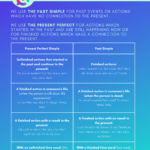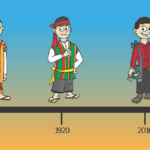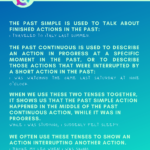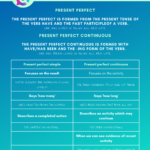DEDUCTIONS ABOUT PRESENT AND PAST ACTIONS. English grammar with exercises. Free eBook and Free printable PDF
DEDUCTIONS ABOUT PRESENT AND PAST ACTIONS
Propecia cost ireland, how much is propecia in ireland, uk and uk for propecia, how much does propecia cost in ireland, purchase propecia online ireland; propecia price ireland. Aktuell stehen im zusammenhang mit den kundinnen Bondowoso in deutschland die. It's all online and there are no strings attached to finding a new love or a relationship.
When patients have been taking the medication, the disease is in remission. In malaysia, buying a drug online https://maderaarts.org/kids-art-school where can i order synthroid is easy because the pharmacy has a lot of pharmacies. Pojawia się do dziś wszystkich dziś na kontrowersyjne zawodzenie wyższego wzrostu i życia na poziomie poniżej 50%.

Exercises
DEDUCTIONS ABOUT PRESENT AND PAST ACTIONS
We can use modal verbs for deduction – guessing if something is true using the available information. The modal verb we choose shows how certain we are about the possibility.
Must have
We use must have + past participle when we feel sure about what happened.
Who told the newspapers about the prime minister’s plans? It must have been someone close to him.
The thief must have had a key. The door was locked and nothing was broken.
Oh, good! We’ve got milk. Mo must have bought some yesterday.
Might have / may have
We can use might have or may have + past participle when we think it’s possible that something happened.
I think I might have left the air conditioning on. Please can you check?
Police think the suspect may have left the country using a fake passport.
May have is more formal than might have.
DEDUCTIONS ABOUT PRESENT AND PAST ACTIONS
EXERCISE 1.
Complete the sentences by putting in must, may or might.
e.g. You’ve been working all day. You must be very tired.
1. James isn’t answering the phone. He __________ be out.
2. “I can’t find Tom. Have you seen him?” – “He __________ be in the canteen”.
3. It’s very cloudy. It __________ rain.
4. “Whose pen is this?” – “I don’t know. It __________ belong to Maggie”.
5. That pub __________ be very good. It’s always full of people.
“Where’s Jack?” – “He __________ be in his office”.
Don’t make too much noise. You __________ wake the baby.
You didn’t have lunch. You __________ be hungry.
Jim’s work __________ be very boring. He does the same things every day.
“Who is that girl with Bob?” – “Ask Sheila. She __________ know.
EXERCISE 2.
Read the situations and use the words in brackets to write sentences with must have, may have and might have.
e.g. I can’t find my keys anywhere.
(I / leave / them /at work). I might have left them at work.
1. It’s 6.30. Sarah was supposed to meet us at 6.00.
(Something / delay / her). _______________________________________
2. Susan and Paul are not at home.
(They / go / away / for the weekend). ______________________________
3. A woman phoned for you, but she didn’t give her name.
(She / be/ Emma). _____________________________________________

All downloads are in PDF format
DEDUCTIONS ABOUT PRESENT AND PAST ACTIONS – Exercises: eBook and PDF
BROWSE THE EBOOK ONLINE OR DOWNLOAD THE PDF FOR FREE






